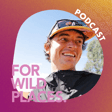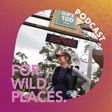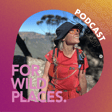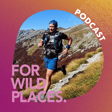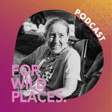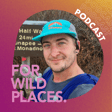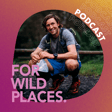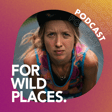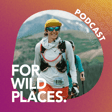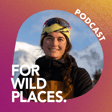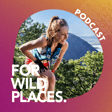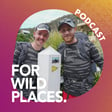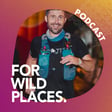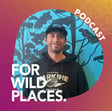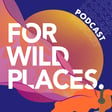
8. Negotiating the training, travel, racing and injury equation with Simone Brick
Despite being only in her early thirties, Simone Brick is a veteran of the Victorian trail and ultra-running scene. There isn't an event that Simone hasn't participated in, podiumed at or volunteered with. Simone's love of trail running runs deep and has shaped the person she is today.
We first caught up with Simone in November 2022, when she was fresh off the back of a busy European summer of racing, travelling and a bout of COVID. We then followed up with Simone in April this year to hear how her injury-plagued days are behind her (touch wood) and what she has learned about negotiating the constant balance of training, racing, travelling, and, most importantly, enjoying time in nature.
You can follow Simone's adventures on and off the trail on Instagram or find out more about her coaching at Evolve Run Club. You can also catch Simone on the Peak Pursuits Podcast, your go-to podcast for all things trail running in Australia.
To hear more from For Wild Places, subscribe to our newsletter or become a member.
